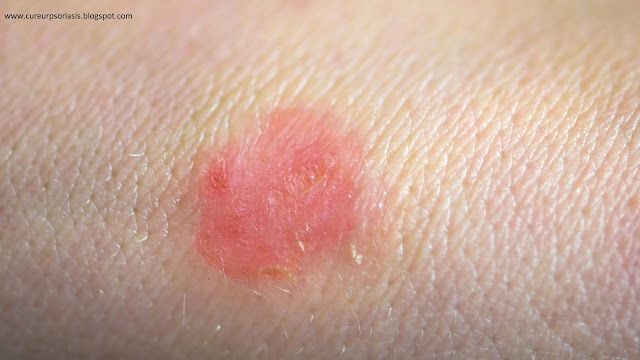Mild Psoriasis
Mild Psoriasis
A Simple Guide to Symptoms, Causes, and Treatment Options of Mild Psoriasis
Introduction
Psoriasis is a chronic autoimmune skin condition that affects millions of people worldwide. It can manifest in different forms and severities. In this article, we will focus on mild psoriasis, a less severe form of the condition. We will explore the symptoms, causes, and available treatment options to help individuals understand and manage mild psoriasis effectively.
I. What is Mild Psoriasis?
Mild psoriasis refers to a less severe presentation of the condition characterized by the development of small patches of red, inflamed skin with minimal scaling. These patches, also known as plaques, are typically well-defined and can occur on various parts of the body, including the elbows, knees, scalp, and lower back.
II. Symptoms of Mild Psoriasis
The symptoms of mild psoriasis may vary from person to person but commonly include:
1. Red Patches: Small, red patches of skin appear on the affected areas.
2. Itching: Mild psoriasis can cause mild to moderate itching in the affected areas.
3. Scaling: The skin may develop thin, silvery scales that may flake off.
4. Dryness: The affected skin may feel dry and rough to the touch.
III. Causes and Triggers of Mild Psoriasis
The exact cause of psoriasis is not fully understood, but it is believed to involve a combination of genetic and environmental factors. Potential triggers for mild psoriasis include:
1. Genetic Predisposition: People with a family history of psoriasis are more likely to develop the condition, including the mild form.
2. Immune System Dysfunction: Psoriasis is an autoimmune disorder, which means the immune system mistakenly attacks healthy skin cells, causing the symptoms of psoriasis.
3. Environmental Factors: Certain environmental factors can trigger or worsen mild psoriasis, such as stress, infections, injury to the skin, smoking, and certain medications.
IV. Treatment Options for Mild Psoriasis
While there is no cure for psoriasis, several treatment options can effectively manage mild psoriasis symptoms:
1. Topical Treatments: Topical medications, such as corticosteroids, vitamin D analogs, coal tar preparations, or salicylic acid, can be applied directly to the affected areas to reduce inflammation, itching, and scaling.
2. Moisturizers and Emollients: Regularly applying moisturizers or emollients can help hydrate the skin, reduce dryness, and alleviate discomfort associated with mild psoriasis.
3. Phototherapy: Light therapy or phototherapy, including ultraviolet B (UVB) or psoralen plus ultraviolet A (PUVA) therapy, can be beneficial for mild psoriasis. Controlled exposure to specific wavelengths of light can slow down the overactive immune response and reduce inflammation.
4. Lifestyle Adjustments: Making certain lifestyle changes can complement medical treatments and help manage mild psoriasis. These may include managing stress levels, maintaining a healthy diet, avoiding triggers, practicing good skincare, and quitting smoking.
5. Supportive Care: Implementing supportive care measures, such as taking lukewarm baths with soothing additives, using gentle skin care products, avoiding excessive scratching, and wearing comfortable clothing, can provide relief and prevent aggravation of mild psoriasis symptoms.
V. Monitoring and Follow-up
Regular monitoring and follow-up with a healthcare professional are crucial for individuals with mild psoriasis. This ensures that the condition is properly managed and treatment adjustments can be made if necessary. It also allows for early detection of any potential complications or worsening of symptoms.
Conclusion
Mild psoriasis is a less severe form of the chronic autoimmune skin condition. While it may not cause significant physical discomfort, it can still impact an individual's quality of life. Understanding the symptoms, causes, and available treatment options for mild psoriasis is essential for effective management. By utilizing topical treatments, practicing good skincare, considering phototherapy, making lifestyle adjustments, and seeking medical guidance, individuals with mild psoriasis can effectively control symptoms and lead a fulfilling life. Remember, each person's experience with psoriasis may be unique, so finding the right treatment plan may involve some trial and error. With patience and proper care, managing mild psoriasis is achievable.



















Comments
Post a Comment